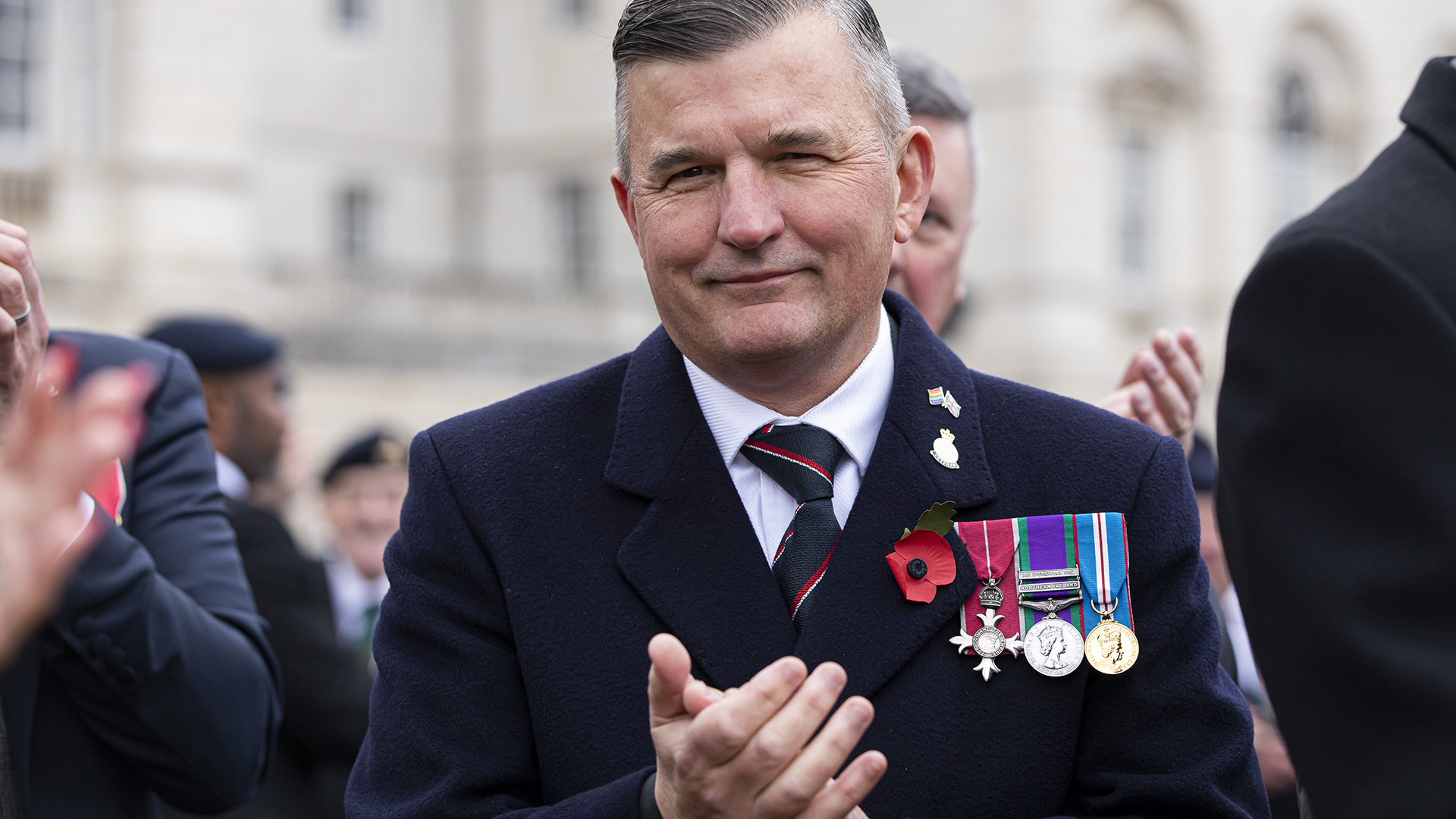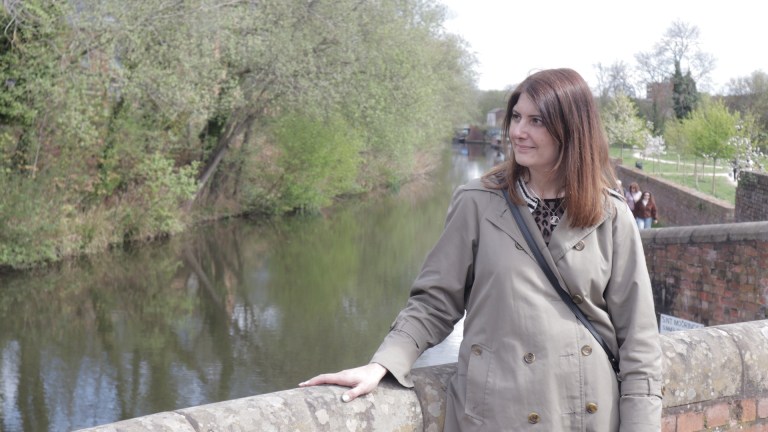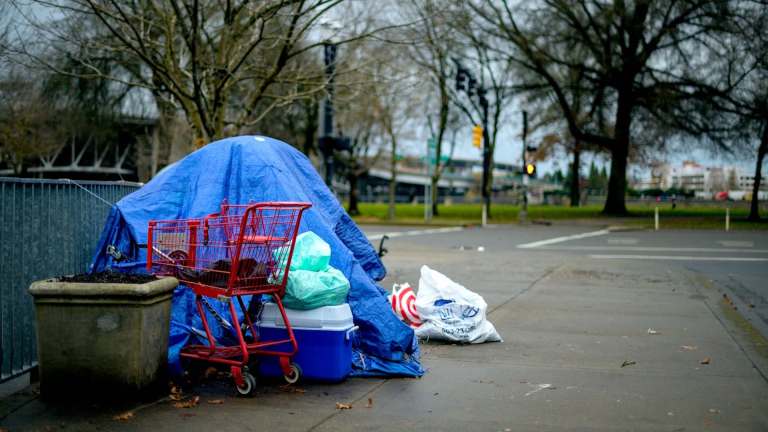At the European Court of Human Rights 25 years ago, LGBTQ+ veterans and Stonewall stood alone as they battled for the right to serve in our armed forces, which until then were protecting peace and freedoms denied their own.
A ban on homosexuality in the armed forces, which was only lifted in 2000, saw thousands in our community shunned – they were dismissed from their jobs, many faced homelessness or were imprisoned and some took their own lives.
In a remarkable moment last week our LGBTQ+ military charity Fighting With Pride sent an open letter to the prime minister calling for a better deal for those in our community who have served. We have been promised compensation, but it is not nearly enough after all we have faced.
- People were sacked and imprisoned for being gay in the armed forces. Now they are fighting for justice
- ‘My partner died of Aids and no one knew because it was illegal to be gay in the armed forces’
- ‘I was terrified I would be sent to prison for being gay in the armed forces. I had a mental health crisis’
Stonewall’s signature was joined this time by many of the largest UK military charities, not least the Royal British Legion, Help for Heroes, Combat Stress, Walking with the Wounded and Age UK. On the very long journey to be recognised, many thought that the warm welcome now offered to these veterans of operations like the Falklands War, Northern Ireland and Iraq, might never come, yet it has
In little more than a weeks time, LGBTQ+ veterans will step onto Whitehall for the third year running. They will join all other veterans in the solemn act of remembrance for those lost in the defence of the United Kingdom and in the defence worldwide of those facing danger or oppression.
The division will be as smart and polished as all others and in their berets and bulled shoes. LGBTQ+ veterans will proudly welcome the opportunity to share with all others the most important day in the military calendar. But perhaps in this time of change, their pride extends a little further. Most of these veterans believed these moments of inclusion would never come.










